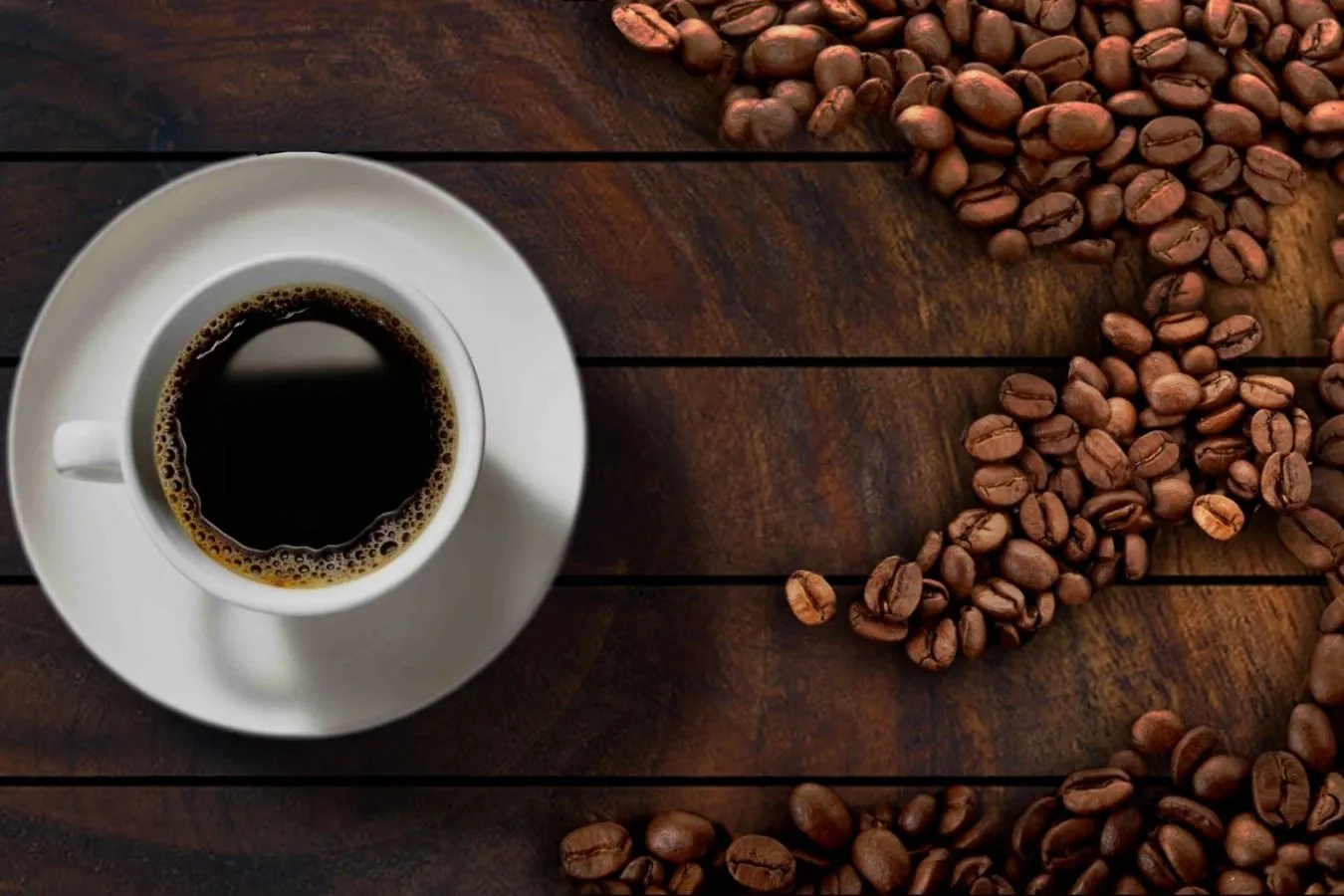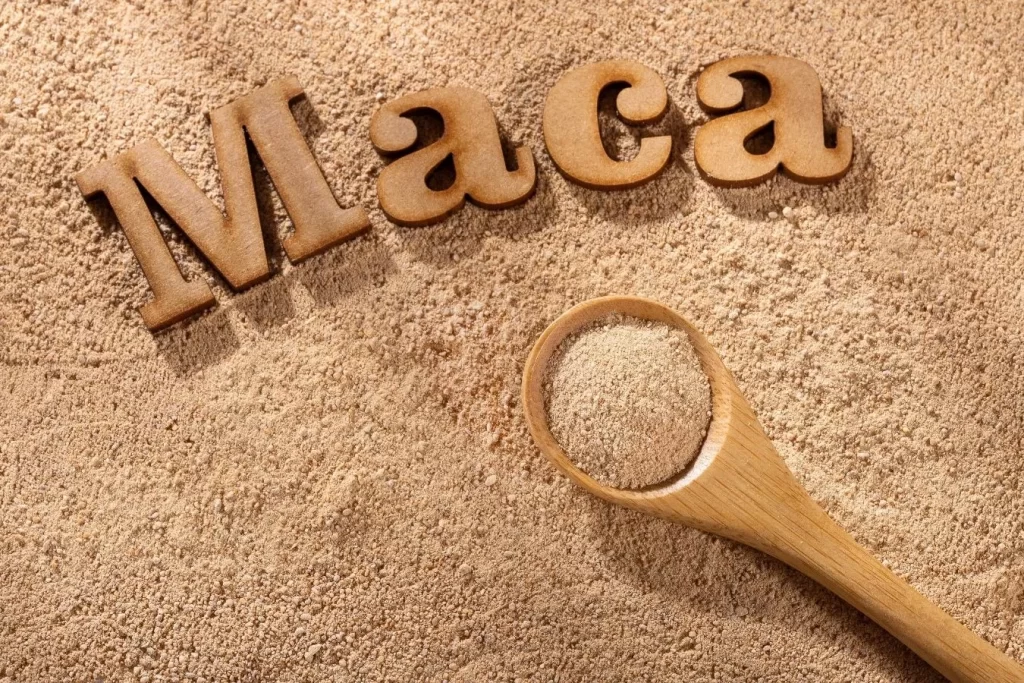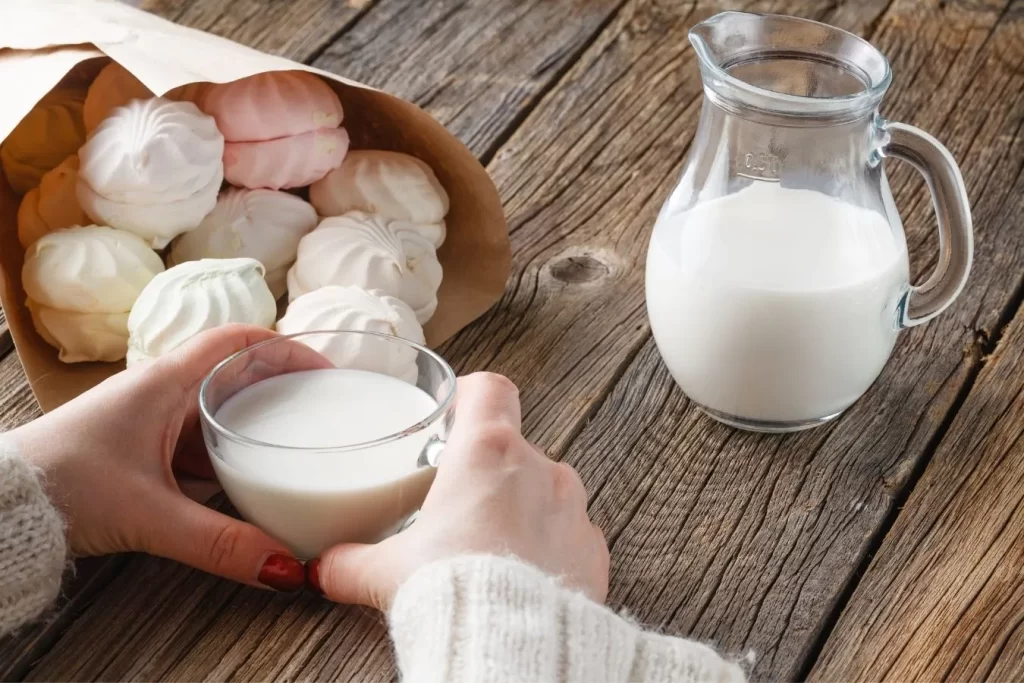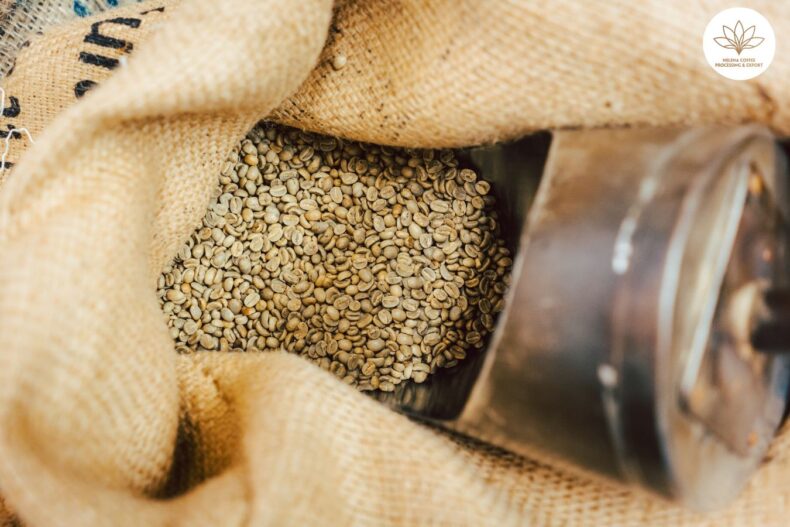
Drinks That Replace Coffee: Coffee is a very familiar beverage, very popular with everyone, favored by many people, and used often. However, some people want to give up coffee gradually; why is that, and what drink can be replaced?
1. Why do some people want to give up coffee gradually?
Caffeine is safe and harmless for most people, at least when a person consumes the amount of caffeine found in no more than four cups of coffee a day. However, getting too much caffeine into the body can cause anxiety, disrupt sleep or increase heart rate.
2. Decaffeinated coffee (decaf)
If you want to reduce caffeine intake but still want to enjoy the taste of coffee, decaffeinated coffee is an appropriate choice. There are many methods for decaffeinating coffee; some manufacturers may use chemicals or gases (such as carbon dioxide) to remove it or use the Swiss Water Method of water decaffeination.

To be called decaffeinated coffee, at least 97% of the caffeine in the beans must be removed. For that reason, compared to the amount of caffeine (about 100 mg) in a regular cup of coffee, each cup of decaffeinated coffee has only 3 to 12 mg of caffeine.
3. Green tea
If you intend to eliminate caffeine from your daily diet, it is best to do so gradually. If cutting suddenly can make the body tired and weak, the mind is not clear, easily excited, and severe headaches may appear.
Green tea is an ideal alternative to coffee. In addition to beneficial antioxidants, green tea also contains 1⁄4 of the caffeine content of coffee.
4. Golden milk turmeric tea
Turmeric is a bright yellow spice with many benefits for heart health, eases joint pain, and reduces skin irritation during cancer treatment.
Making turmeric milk tea is very simple; prepare a jar of warm almond milk or coconut milk, add turmeric and stir well, close the lid and shake until the drink is frothy. Pour the glass into the cup, and add a little nutmeg before serving. You can optionally add honey or sugar to suit your taste but taste the original flavor first because the drink is likely already good enough.
5. Apple cider vinegar
Take a capful of apple cider vinegar, mix it in a glass of water or hot tea, add lemon, honey, or even cinnamon (if you like), and enjoy. Please do not use too much apple cider vinegar because the acid can harm teeth. Apple cider vinegar can have a negligible effect on stabilizing blood sugar. After using apple cider vinegar, the body will feel healthier, and less likely to fall overeating.
6. Maca powder
Maca is a tuberous root that grows in the mountains of the Andes in Peru. Maca powder can be added to smoothies or hot chocolate. There is some evidence to suggest that maca powder can make people feel better and alleviate some of the symptoms of menopause in women, such as hot flashes, night sweats, sleep disturbances, and anxiety. Depression and irregular heartbeat.

7. Lemonade
Lemon juice can be enjoyed over ice or hot, and like other fruit juices, lemon juice is packed with vitamin C and antioxidant compounds (such as flavonoids ). Some studies show that drinking lemon water daily helps control high blood pressure.
8. Carob powder
Carob powder is made from the pods of the carob tree, and it is used to add to smoothies or hot chocolate. In addition, carob powder can be mixed with hot milk, soy milk, or almond milk to create a different flavor. Carob powder is rich in fiber, which is beneficial for digestion and helps to stabilize blood sugar and cholesterol levels.
9. Bone broth
Bone broth can be made from different animals, most commonly cows, chickens, pigs, or sheep. Bone broth is rich in protein, with each cup containing 6 to 12 grams of protein. Some evidence shows that chicken bone broth helps clear the nose better than other hot drinks when it comes to stuffiness, and it also has a slight effect on reducing inflammation.
10. Kombucha tea
To make Kombucha tea, it is necessary to mix the yeast of the shiitake mushroom and sugar into the tea and let it ferment, bubble, and create vinegar and B vitamins. The result is a low-sugar beverage. With a refreshing scent.
The health effects of Kombucha tea need more research to confirm, but its taste is worth enjoying. Kombucha tea can be made at home, but you need to be very careful because harmful bacteria will breed and affect the user if done wrong.
11. Rosehip tea
Rosehip tea is made from parts of several plants of the Rosaceae family, which are rich in vitamin C and antioxidant and anti-inflammatory compounds (such as phenolics and carotenoids). Rosehip tea seems to help with joint pain and weight control, but more studies are needed to confirm these effects.
12. Fresh milk
Fresh milk is a familiar nutritious drink. Raw milk contains many B vitamins, including riboflavin, niacin, B6, and B12. Drinking fresh milk daily keeps the body full of energy, but choose low-fat or skim milk if you want to limit calories and fat intake.

13. Coconut water
Coconut water is a familiar natural drink low in sugar and caffeine. Coconut water has another significant effect: it replenish the electrolytes that the body loses when sweating. Use fresh coconut water, but if you buy canned coconut water and want to control your calorie intake, check the label to see if the manufacturer has added sugar.


